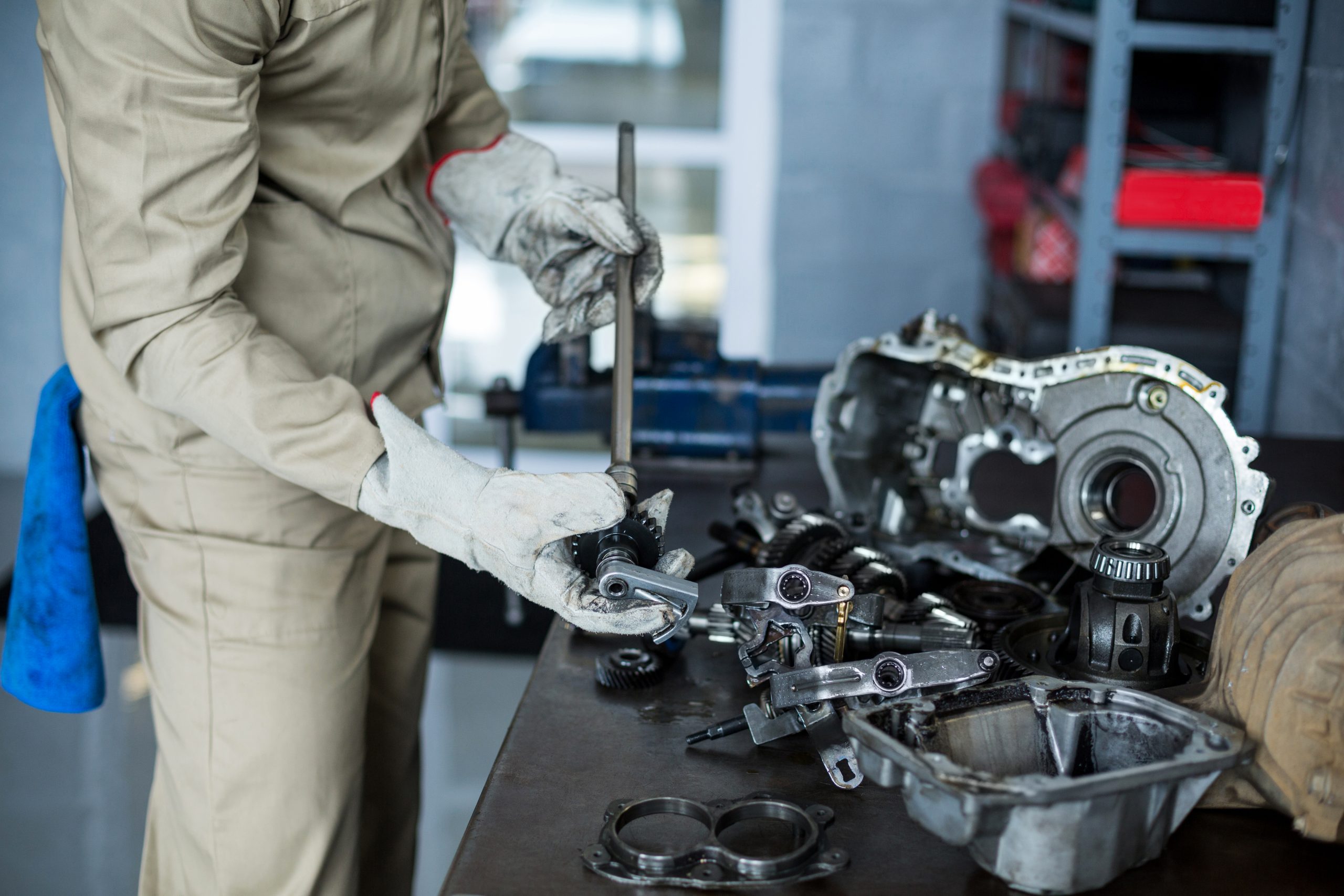In the world of industrial operations, manufacturing, and mechanical systems, lubrication engineering plays a crucial yet often overlooked role. It’s not just about applying oil or grease; it’s about ensuring that machinery operates smoothly, efficiently, and reliably over long periods. Whether you’re managing heavy machinery in a factory or maintaining engines in a fleet of vehicles, lubrication engineering ensures optimal performance and extends equipment life.
What is Lubrication Engineering?
Lubrication engineering is a specialized field that focuses on the study, selection, and application of lubricants to reduce friction and wear between moving parts in machinery. It involves a scientific approach to understanding how lubricants behave under various operating conditions, choosing the right lubricants for different applications, and designing lubrication systems that meet the specific needs of equipment.
Engineers in this field consider factors such as temperature, load, speed, and environmental conditions to determine the best lubrication strategy. Their goal is not only to reduce friction but also to prevent equipment failure, minimize maintenance costs, and improve overall productivity.
Why Lubrication Engineering Matters
Imagine a large manufacturing plant with hundreds of machines running day and night. Without proper lubrication, these machines would quickly degrade, leading to frequent breakdowns, costly repairs, and unplanned downtime. That’s where lubrication engineering steps in.
Here’s why it matters:
- Reduces Friction and Wear: Proper lubrication prevents metal-to-metal contact, which can cause parts to wear out faster.
- Improves Energy Efficiency: Well-lubricated systems use less energy, reducing operational costs and carbon footprint.
- Extends Equipment Life: With the right lubrication plan, machinery can run longer and require fewer repairs.
- Enhances Safety: Malfunctioning equipment due to poor lubrication can lead to accidents. Lubrication engineering helps maintain safe working conditions.
- Supports Sustainability: Using the right amount of lubricant and disposing of it responsibly reduces environmental impact.
Key Areas in Lubrication Engineering
Lubrication engineering covers several important areas:
- Lubricant Selection: Choosing between mineral oils, synthetic lubricants, or greases depending on the machinery and operating environment.
- System Design: Developing automatic or manual lubrication systems that deliver the right amount at the right time.
- Condition Monitoring: Analyzing lubricant samples to detect contamination, wear particles, or signs of oxidation.
- Maintenance Planning: Creating schedules for lubrication checks and changes to prevent equipment failure.
Lubrication Engineering in Modern Industries
Industries such as manufacturing, automotive, aerospace, construction, and energy all benefit from lubrication engineering. For example, in wind turbines, proper lubrication is essential to keep gearboxes running efficiently in remote and harsh environments. In automotive applications, engineers work to develop lubricants that reduce emissions and improve fuel economy.
Moreover, the rise of automation and smart manufacturing has brought new technologies to lubrication engineering. Today, sensors and IoT (Internet of Things) devices monitor lubricant levels, temperature, and performance in real-time, helping engineers make data-driven decisions.
Conclusion
In short, lubrication engineering is a backbone of modern industry. While it may seem like a simple process, it involves complex decision-making backed by science and experience. With proper lubrication strategies in place, companies can reduce operational costs, boost machinery performance, and extend the life of their valuable assets.
Whether you’re a plant manager, technician, or engineer, understanding the principles of lubrication engineering is key to building more efficient and sustainable operations. Investing in this field means investing in long-term success.




